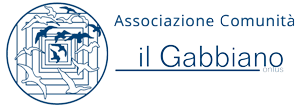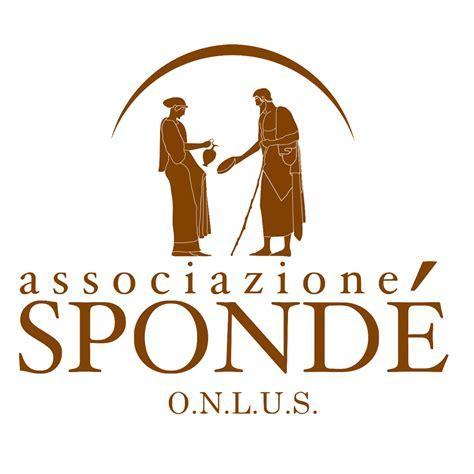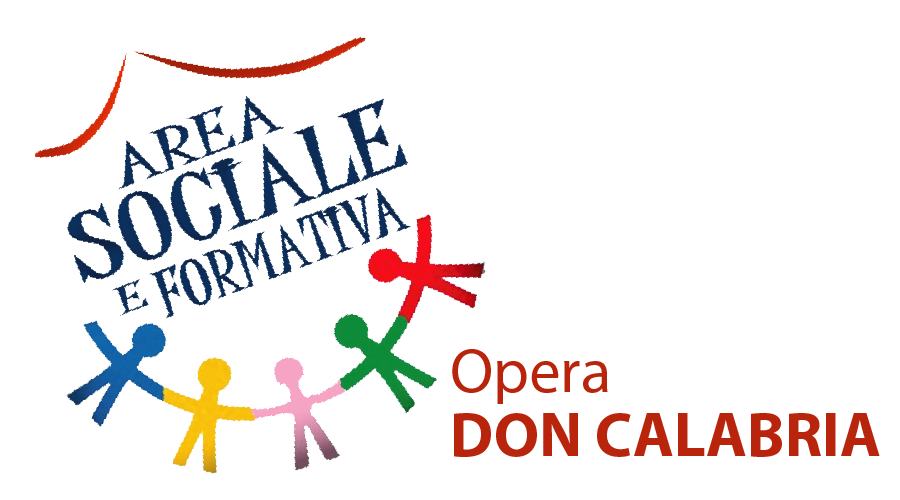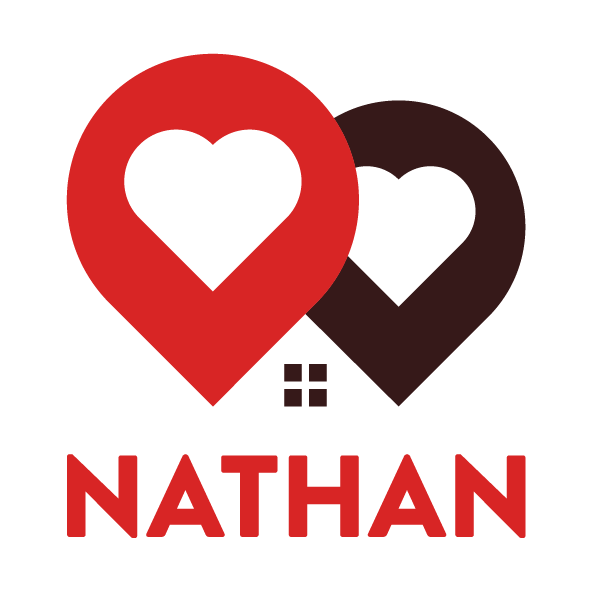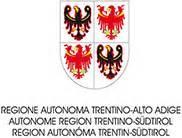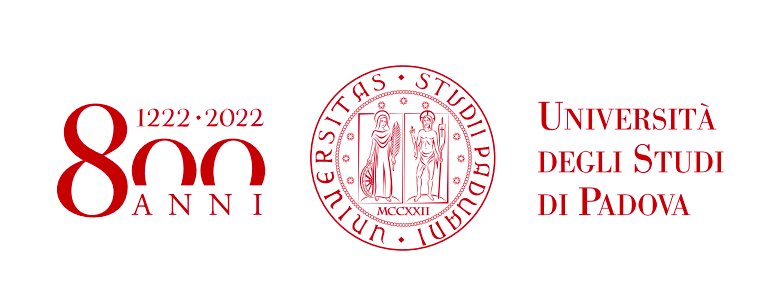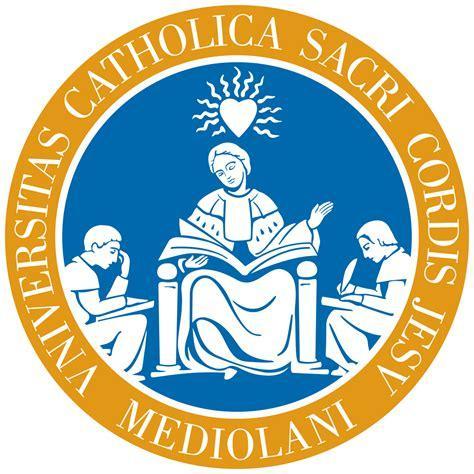
Aleteia works in a national context, particularly in the territory of the Tuscany Region. Aleteia promotes and implements projects of solidarity and social development, in particular: social and cultural initiatives, projects of primary and secondary prevention; training and orientation; initiatives of conflict resolution, conciliation, and social, familial, civil, corporate and penal mediation.
In respect of the Directive 2012/29/EU of the European Parliament and of the Council of 25 October 2012 establishing minimum standards on the rights, support and protection of victims of crime, Aleteia works on strengthening and guaranteeing the rights of all victims, such as the right to information and support, no matter the type of crime or socio-physical characteristic, such as sex, age, ethnic or social origin, race, religion or belief or socio-economic and sanitary conditions of the victim.
Our team is composed of mediators, criminologists, lawyers, psychologists, psychotherapists, psychiatrists, social operators, and corporate coaches with long-time experience. As members of the EFRJ, we seek to collaborate with other organizations across Europe that work in the field of restorative justice.
Contact: Andreea Mihai


